When J. H. Williams III and W. Haden Blackman, creative team of the New 52’s Batwoman, announced their resignation earlier this month – citing, among other editorial changes, that they were forbidden to show Batwoman (alias Kate Kane) marry her fiancée, Maggie Sawyer – it was the walkout that broke the internet. While the reason as to why Kate and Maggie’s marriage was disallowed was not initially disclosed, both Williams and DC have since announced that the editorial differences leading to Williams and Blackman’s departure did not have to do with the characters’ sexual orientations.
Instead, as DC Comics Co-Publisher Dan DiDio later explained, members of the Bat Family
shouldn’t have happy personal lives. They put on a cape and cowl for a reason. They’re committed to being that person, they’re committed to defending others—at the sacrifice of their own personal instincts. … It’s wonderful that they try to establish personal lives but it’s also just as equally important that they put it aside as they know what they are accomplishing as the hero takes precedence over everything else.
Simply put, Kate and Maggie can’t be married because Kate’s devotion to being Batwoman completely overrules – and thus invalidates – being fulfilled in her personal life.
Never mind that Editorial allowed Kate and Maggie to become engaged in the first place despite this mandate, because while the primary point of an engagement is the ensuing marriage, it can be acknowledged that not all engagements reach full gestation. What’s more intriguing is that Kate proposed to Maggie in what DiDio refers to as her “cape and cowl,” demonstrating in the most literal of ways the synthesis of Batwoman and Kate’s personal life. The two are not and cannot be separate.
That one’s duty as a hero takes priority over one’s personal goings-on is a truth universally acknowledged, but to say the former renders the latter invalidated and irrelevant is a thought foolish at best: how a person feels in one sphere of zir existence influences how zhe functions in another. I can hardly imagine Dan DiDio coming home at the end of the day after Williams and Blackman’s walkout and the subsequent accusations of homophobia at DC and instantly putting on a jovial demeanor.
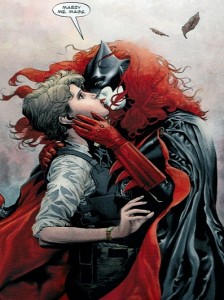 Batman’s origins made it clear that personal tragedy can act as a motivator for heroics, but this is far from absolute, especially in the Bat universe where the only constant seems to be chaos. Couldn’t an unhappy personal life lead to distraction or apathy in other pursuits, particularly when compared to a person’s capabilities when their life is going well? When did having a happy personal life become arrant hedonism?
Batman’s origins made it clear that personal tragedy can act as a motivator for heroics, but this is far from absolute, especially in the Bat universe where the only constant seems to be chaos. Couldn’t an unhappy personal life lead to distraction or apathy in other pursuits, particularly when compared to a person’s capabilities when their life is going well? When did having a happy personal life become arrant hedonism?
Being a hero and having being happy aren’t mutually exclusive. Heroes can find the drive to act anywhere, even if they have a happy personal life. One of the strongest motivators is, after all, providing a safe environment. It’s doing as much as possible to make sure one’s spouse and potential children succeed. In order to ensure maximum heroic efficacy from the Bat Family, why not give them the opportunities to lead happy personal lives?
Aligning with such motivations may be a shift for any character, but if anyone maintained the same motives and goals over the course of a series, it would be a travesty of character development. Simply passing through a mélange of tragedy and victory, no matter how hard, does not make a nuanced character. Allowing oneself to be happy, despite – or perhaps in spite of – tragic origins and the corruption one sees every day as a member of the Bat Family, is a much greater development.
Aside from narrative shortcomings, a Bat Family doomed to unhappy personal lives in the name of vigilance carries heavy implications for DC’s readers. Growing up, I always identified the Bat Family as some of the most similar heroes to myself. They weren’t superheroes, they were just heroes. They weren’t born endowed with some superhuman gift – they saw injustice in the world and used what they had to fight it. I wasn’t born into the same level of monetary privilege, but like Batman or Batwoman, I was a person who saw something she didn’t like and wanted to change it. The Bat Family was empowering. They may have been fictional, but they taught me that anyone could be a hero.
But suddenly saying the Bat Family has no right to happy personal lives in the New 52 tells readers that there’s no hope for us. No, we can’t have it all. If we want to do good in the world, great, but if we allow ourselves a spouse or a family, then we’re not fully committed to doing so.
This becomes especially problematic when you consider Batwoman specifically: in the New 52, she’s the only member of the Bat Family who’s been engaged, so right now, she’s the only character to be so visibly stunted. She’s also a woman – a group that’s constantly told no, we can’t have it all, and no, we can’t be wives and mothers and still achieve professional success. Whether intentionally or not, DC is disempowering women with characters meant to actively empower.
Perhaps in the future, DC will reverse their stance, or perhaps new Batwoman writer Marc Andreyko will maintain Kate and Maggie’s engagement sans marriage, giving them a happy personal life together anyway. The New 52 series are still young, and there’s plenty of time for the growth and development both of the series’ characters and of DC itself. Happiness for the Bat Family may yet come to fruition, but until then – like the citizens of Gotham and the idea of Batman – we’re left with the idea of happiness for our vigilantes, and the hope they may one day achieve it.
Hannah Pingleton is the resident LGBTQ Writer for Girls in Capes. You can find her on Twitter @hannahpings.
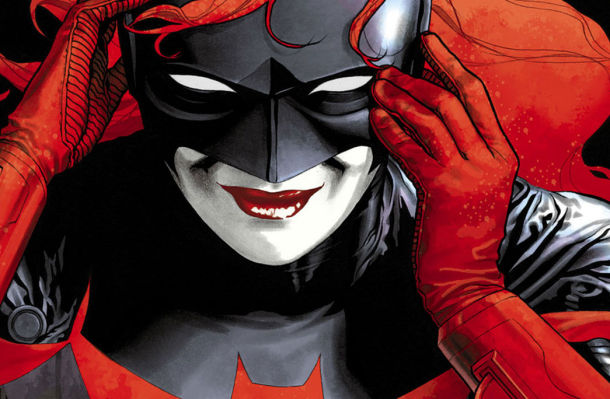

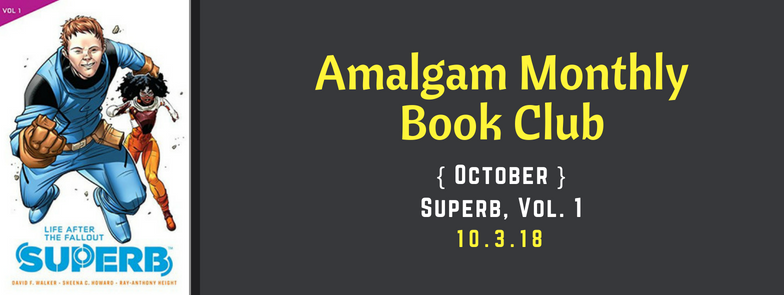
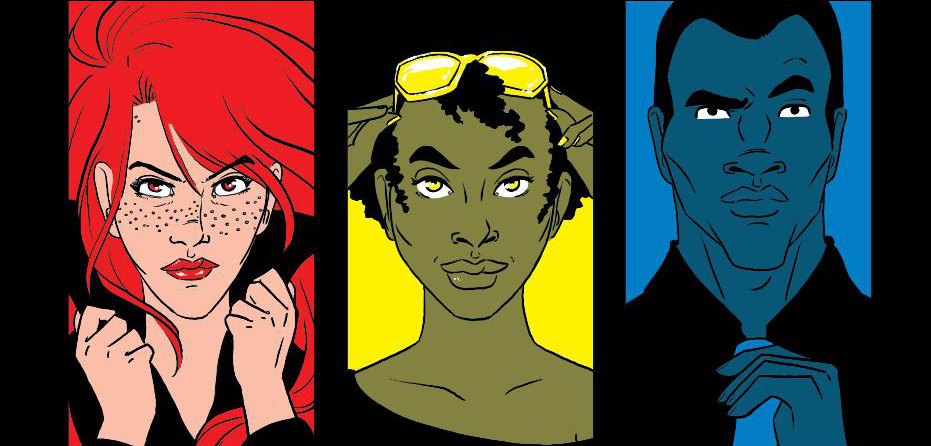

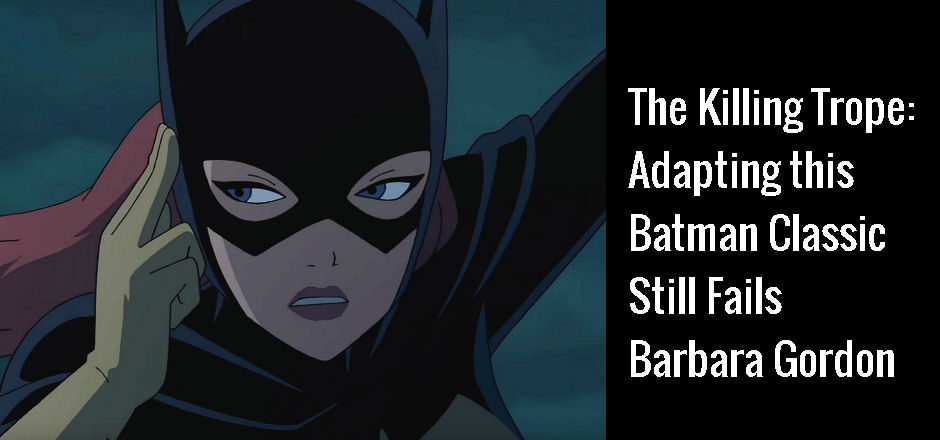

I generally take a dim view of the whole “minorities and women” in pop culture type articles (as a minority myself) but this one is dead on and poignant as well. Well done Hannah.